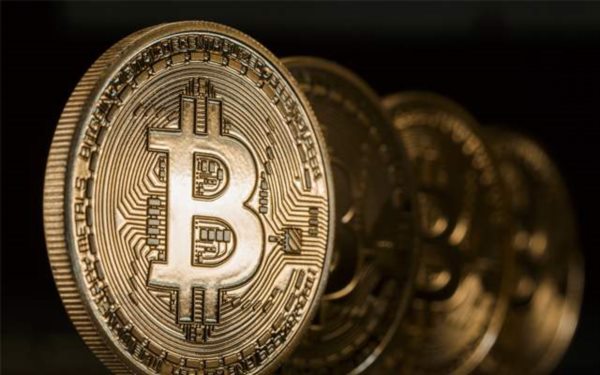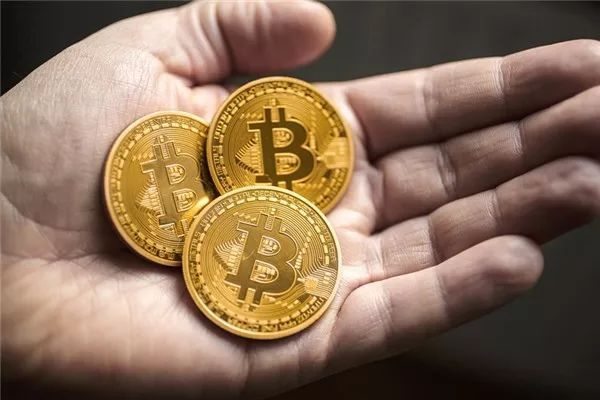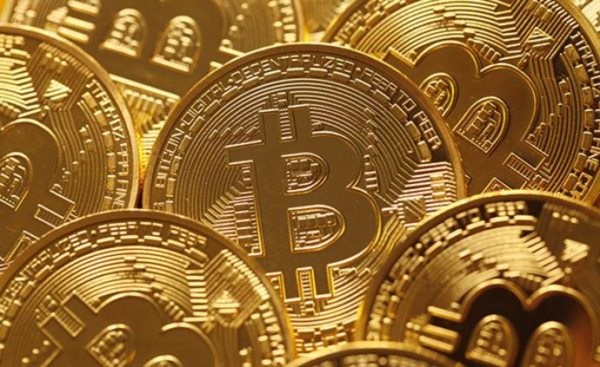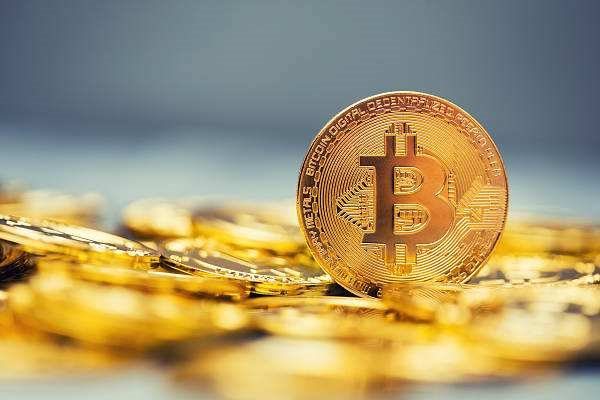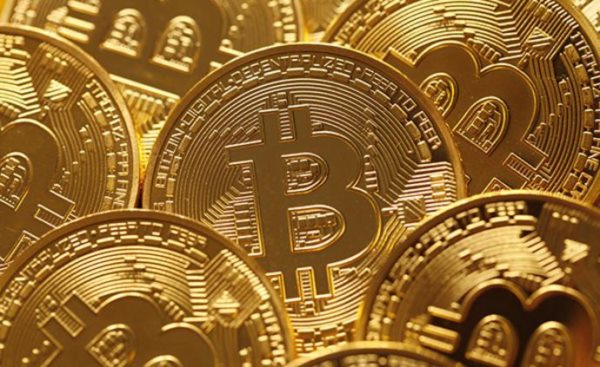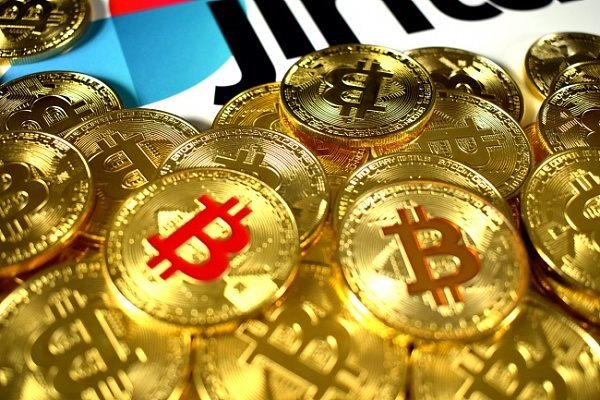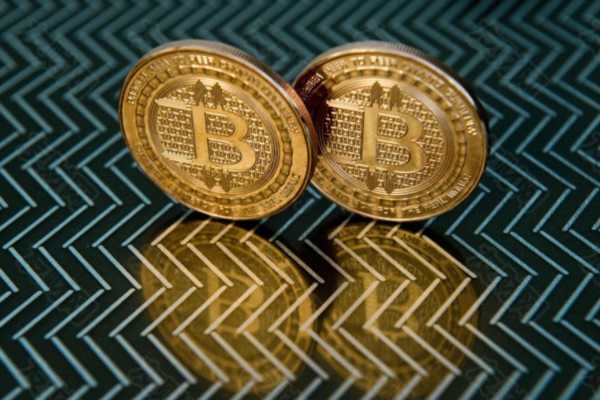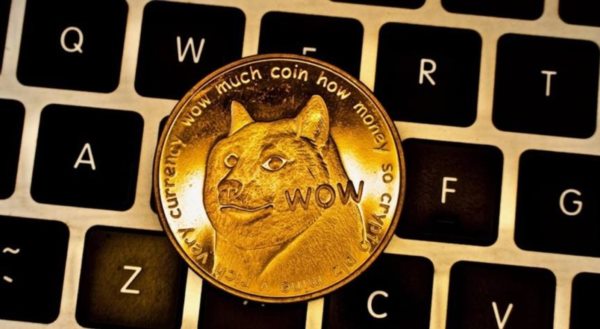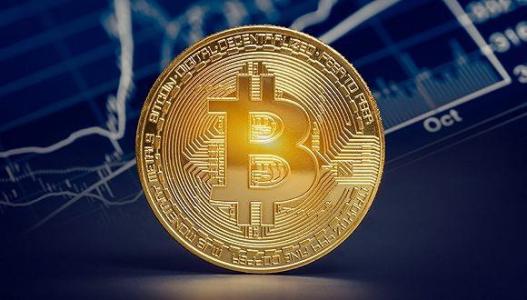In December 2020, the Securities and Exchange Commission (SEC) of the United States sued Ripple, a digital cryptocurrency enterprise, accusing it of violating regulations by selling XRP to investors without proper registration. Ripple's value plummeted following the lawsuit, although it began to recover last week, leaving investors concerned about the outcome of the dispute and the date of the court case. On January 29, 2021, Ripple officially responded to the SEC's complaint, arguing that XRP is not a security and accusing the regulatory agency of distorting the facts. The company's counter-suit caused XRP's value to surge by over 100% compared to its recent low point.
The SEC's lawsuit, filed in December 2020, accuses Ripple and its CEO, Brad Garlinghouse, and co-founder, Christian Larsen, of selling over 14.6 billion XRP, worth at least $1.38 billion, to investors without proper registration. Many exchanges, including Coinbase, Binance, Okcoin, and Blockchain.com, have delisted XRP trading pairs in response to the lawsuit.
Ripple claimed in its response that XRP is a digital currency and not a security, citing several foreign regulatory agencies, including Japan's and Indonesia's, that have classified it as such. The company also accused the SEC of distorting the facts, claiming that the agency's lawsuit was politically motivated and aimed at reversing the Obama administration's decision to classify XRP as a digital currency.
Despite ongoing controversy around XRP's classification, some countries, including Japan, have already recognized it as a legitimate digital token. However, to comply with securities law in the US, Ripple may need to modify XRP's production process to avoid selling it as a security.
In the meantime, Ripple's lawsuit with the SEC continues, and investors should monitor the situation carefully before investing in XRP. While the outcome of the dispute is uncertain, Ripple's position as a leading blockchain payment company is expected to remain strong.
热点:数字货币


